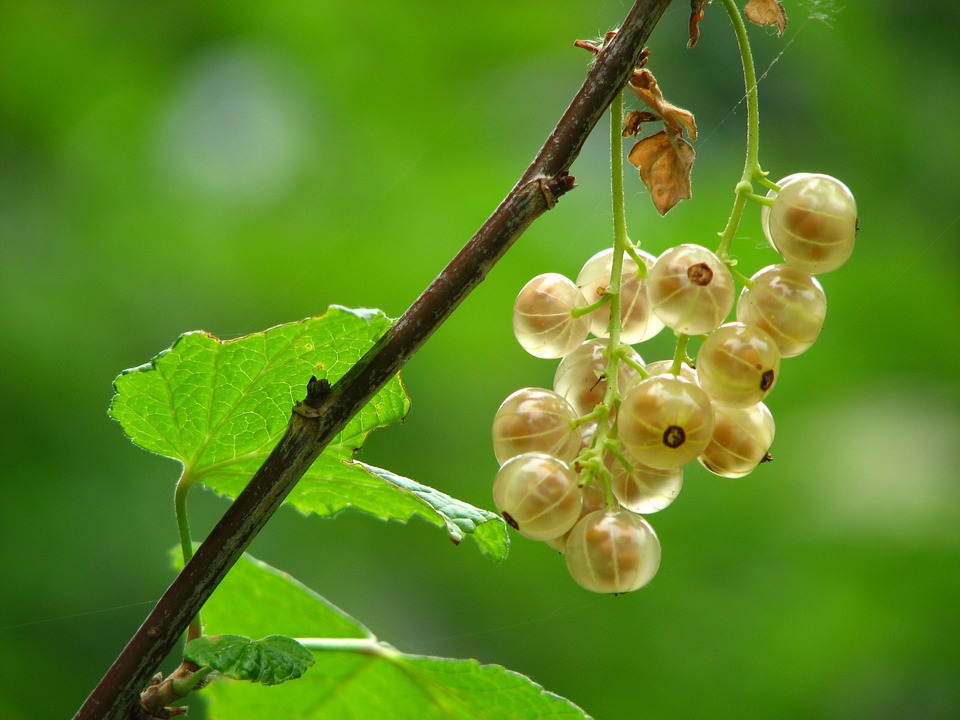Boil a few dried Indian gooseberry (amla) pieces in 500ml coconut oil until they become charred. Let the oil cool. Apply onto your hair, scalp overnight or an hour before wash. Equally beneficial can be topical application of kayyonyadi tailam, neelibhringadi tailam, herbs such as henna, aloe vera, hibiscus, or a fine paste of overnight soaked fenugreek seeds.
If you’re having more than the average bad hair day and are left looking at your hair brush in dismay, Ayurveda might just have the right answers. This ancient Indian system of medicine uses a rich trove of herbs to fight “hair disease,” broadly categorized as khalitya (hair fall), palitya (premature graying), and indralupta (alopecia areata and totalis).
The Root Of The Matter
According to ayurveda, hair is a by-product of the process of bone tissue formation. Problems with the metabolism of this tissue, which depends on the digestive fire, can reflect poorly on the health of your hair. Pitta dosha, characterized by the elements of fire and water, is responsible for the digestive system and hormones that play a major role in hair health. Excess pitta can cause hair loss and premature graying. Having dehydrated vegetables, alcohol, or sour, salty, and spicy foods can increase pitta, and so can hot weather or being short-tempered. A balanced and healthy diet can go a long way in balancing pitta and keeping your hair thick and lustrous. Apart from correcting this at the root, Ayurveda also prescribes many herbs to tackle hair issues.
Kesya (Hair) Care
Well-known herbal formulations that are good for your hair include Kayyonyadi tailam and Neelibhringadi tailam, hair oils made with herbs such as bhringaraj, guduchi, and amalaki, among others. These are used daily in some parts of India and help to prevent hair loss, dandruff, and premature graying.
Apart from medicated hair oils and herbal formulations, ayurveda also prescribes many herbs and plants individually for hair fall.
Henna (Lawsonia inermis L.)
The leaves and seeds of the henna plant are used to mitigate pitta dosha. And it’s not just ayurveda that recognizes the benefits of henna – it was even used as a cure for hair loss in ancient Egypt. This could be because henna can switch hair follicles from the telogen phase (where the hair rests and doesn’t grow) to the anagen phase (where hair grows actively) and help in retaining anagenic hair follicles, thus leading to thicker hair. A hair pack with henna can reduce hair fall, condition your hair, and give it a gorgeous coppery undertone!
Aloe vera L. (Liliaceae)
The leaves of aloe vera have been used over the ages to promote hair growth. The chemical compound aloenin found in aloe vera is thought to be instrumental in arresting hair fall and also helps in cases of alopecia.
Bitter apple (Citrullus colocynthis Schrad)
Ayurveda considers the bitter apple particularly potent for treating “indralupta,” a sudden loss of body or scalp hair due to excessive pitta. Its seeds have traditionally been used to treat hair loss and premature graying. One animal study found that an ointment containing bitter apple extracts helped in male-pattern baldness (androgenic alopecia) by inhibiting the activity of male hormones and improving the growth of hair as well as hair thickness.
Indian gooseberry (Emblica officinalis)
The fruit of the Indian gooseberry (amla) is bitter-sour with a sweet aftertaste. Ayurveda recommends it for pitta dosha due to its cooling effect and sweet taste. Dried amla fruit boiled in coconut oil is used to make a hair oil that stops hair loss and premature graying. Water in which dried amla pieces have been soaked overnight has a nourishing effect and can be used for washing hair. Rich in vitamin C and antioxidants, amla is a good addition to your diet too if you’re experiencing hair fall.
Bhringaraj (Eclipta alba L. Hassk)
Bhringaraj not only promotes hair growth but can also give you lustrous hair. In one study, topical treatment with the extract of bhringaraj not only increased the hair follicles in anagenic phase but even showed better results than the drug minoxidil which is used to treat hair loss.
Fenugreek seeds (Trigonella foenum graecum)
Fenugreek or methi seeds contain lecithin, a fat-like substance which promotes hair growth. By improving the dilation of blood vessels, fenugreek seeds are thought to increase blood circulation and nutrient supply to the scalp. Two tablespoons of methi seeds, soaked overnight and ground into a fine paste can also help with dandruff if applied to the scalp and left on for 30 minutes before being washed off.
Hibiscus (Hibiscus rosa-sinensis)
Hibiscus is another herb recommended by Ayurveda that has also been scientifically validated. Animal studies show that that the extract of leaves and flowers of hibiscus can help with hair growth. According to the researchers, hibiscus may help hair follicles to prematurely switch from the telogen to anagen phase of hair growth. The leaves have been found to be more powerful than the flowers. Crushed leaves of hibiscus can also prevent dandruff and make your hair glossy.
Disclaimer: The content is purely informative and educational in nature and should not be construed as medical advice. Please use the content only in consultation with an appropriate certified medical or healthcare professional.
